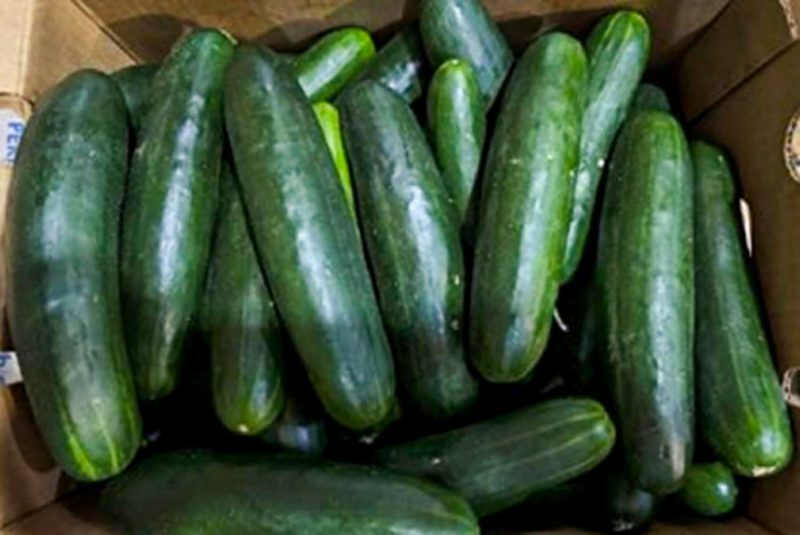
Health Alert: 449 Illnesses Linked to Recalled Cucumbers – CDC Takes Action!
Recalled Cucumbers Linked to at Least 449 Illnesses Have Been Pulled from Stores, CDC Says.
The recent recall of cucumbers linked to hundreds of reported illnesses serves as a stark reminder of the potential dangers lurking in our food supply chain. The Centers for Disease Control and Prevention (CDC) has revealed that at least 449 cases of illness have been linked to the consumption of these tainted cucumbers, prompting a swift response to remove the affected product from store shelves.
This food recall underscores the critical importance of food safety regulations and proper oversight in our agricultural and food production systems. The impact of contaminated produce can have far-reaching consequences, not only for individuals who fall ill but also for the broader public health and consumer confidence in the food industry.
According to the CDC, the affected cucumbers were distributed by a supplier based in Mexico to various retailers across the United States. The outbreak of illnesses was caused by salmonella contamination in the cucumbers, leading to widespread reports of gastrointestinal symptoms among those who consumed the tainted produce.
The rapid response by the CDC and other regulatory authorities to identify and trace the source of the contamination highlights the importance of surveillance and monitoring systems in place to detect and address such food safety issues promptly. Through collaboration between public health agencies, food industry stakeholders, and consumers, effective measures can be implemented to mitigate the risks associated with contaminated food products.
In addition to the immediate actions taken to recall the affected cucumbers, the incident serves as a reminder of the need for comprehensive food safety practices throughout the entire supply chain. From producers and distributors to retailers and consumers, everyone has a role to play in ensuring the safety and integrity of our food supply.
Consumers can protect themselves by staying informed about food recalls, following proper food handling and preparation guidelines, and reporting any suspected cases of foodborne illness to the relevant authorities. By remaining vigilant and proactive in addressing food safety concerns, we can collectively work towards a safer and healthier food system for all.
As the investigation into the cucumber-related illnesses continues, it is crucial for authorities to conduct thorough inspections and assessments of the supply chain to prevent similar incidents in the future. By learning from the mistakes and oversights that led to this outbreak, we can strengthen our food safety protocols and build a more resilient system that prioritizes the well-being of consumers.
In conclusion, the recent recall of cucumbers linked to a significant number of reported illnesses serves as a wake-up call for the food industry and consumers alike. By prioritizing food safety, implementing robust oversight mechanisms, and fostering a culture of transparency and accountability, we can reduce the risks of foodborne illnesses and protect public health. Let this incident serve as a catalyst for positive change in our approach to food safety, leading to a more resilient and sustainable food system for generations to come.
